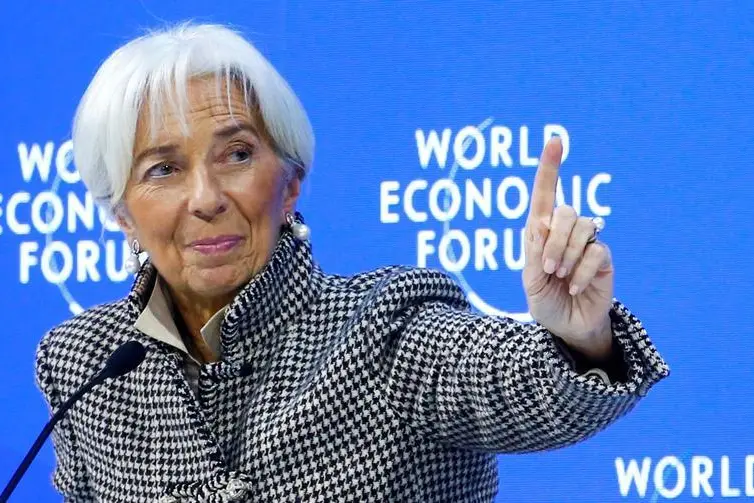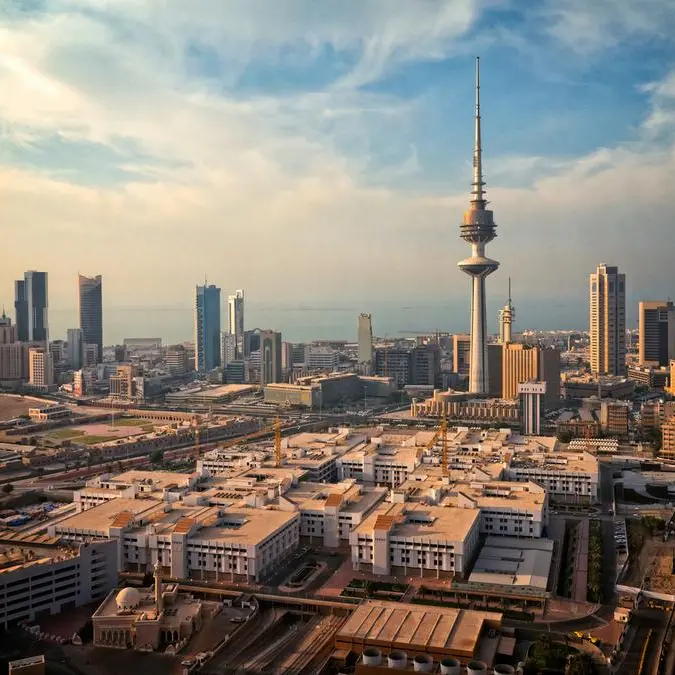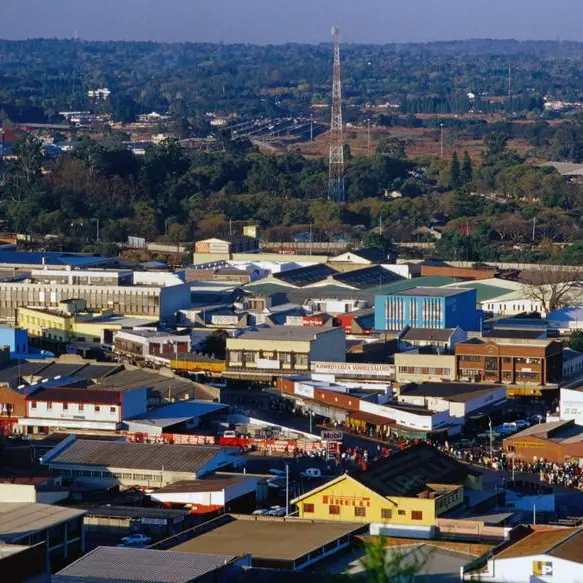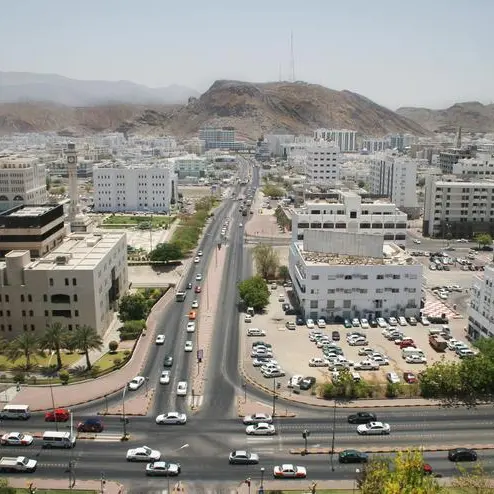PHOTO
The International Monetary Fund’s managing director Christine Lagarde gave two speeches from Dubai this week – one at an Arab finance chiefs' conference focusing on fiscal policy, and the other to the World Government Summit on the importance of the financial inclusion of SMEs into the region’s formal economy.
In the first speech at the opening session of the Arab Fiscal Forum on Saturday, Lagarde said that the Arab region “has yet to fully recover from the global financial crisis and other big economic dislocations over the past decade”, while oil exporting nations, which include most of the Gulf Cooperation Council (GCC) states, have not fully recovered from the oil price’s decline in 2014, according to a copy of the speech sent to Zawya by email via the IMF.
In her speech to the Arab Fiscal Forum, she also addressed the harmful impact of corruption.
“Corruption is the great disruptor of fiscal policy. Without trust in the fairness of the tax system, it becomes harder to raise the revenue needed for critical spending on health, education, and social protection,” Lagarde said in her Saturday speech.
“This a global issue — relevant for large and small countries, advanced and low-income economies, and the public and private sectors. Given this, it is no surprise that IMF research found that weak governance and corruption are associated with significantly lower growth, investment, FDI, and tax revenues — and higher inequality and exclusion,” she added.
Mohamed Abu Basha, the head of macroeconomic analysis at Cairo-based investment bank EFG Hermes, said Lagarde was speaking about corruption globally, which also makes it applicable to the Arab region.
“She linked the corruption to the tax system. For our region, which includes both oil-exporting and oil-importing countries, the tax problem is not really a corruption issue. It is more of a problem of capacity given the presence of an informal economy, organisation and the growing size of the formal economy,” Abu Basha told Zawya in a phone interview on Sunday.
“The problem is in the self-employed people or those who have small businesses. Those two don’t pay much taxes as they should do. Part of the problem is that they are informal and once you are informal... this opens room for corruption,” he added.
Abu Basha said that Arab governments should come up with ways to encourage more companies to join formal tax schemes, suggesting offering a unified tax for certain segments of companies, especially SMEs.
“The SMEs start as a S (small), then could become M (medium), then large... so if it (the company) is not present in the scheme from the first place, you will keep missing it,” Abu Basha said, adding that enrolling SMEs in a proper tax system would also allow them to have access to utilities and other services.
Lagarde highlighted the importance of the development of the SME sector in her second speech on Sunday, and particularly on the importance of its financial inclusion, bringing it into the formal economy.
“Over the past year, we have looked closely into international experience and policies to increase SME financial inclusion," she said, according to a copy of the second speech seen by Zawya.
"Financial inclusion for SMEs is macro-relevant. Why? Because SMEs help create jobs, diversify economies, and support growth. In the Arab region, SMEs represent 96 percent of registered companies. They also employ half of the labor force. Yet their access to finance is the lowest in the world: lending to SMEs in the region is only 7 percent of total bank lending," she added.
Several Arab states such as Egypt and the UAE have their own laws on the SME sector. But the Arab region still lacks a unified regional framework which, if achieved, could help companies to scale, according to Abu Basha.
Egypt, the Arab world's third-biggest economy, has different types of taxes that have been implemented for decades and regularly reports the income it receives from tax revenues. Saudi Arabia and the UAE have only recently introduced widespread taxes on consumers, with an excise tax introduced in the second half of 2017 and a five percent value-added tax put in place in January last year.
“They (the UAE and Saudi Arabia) are not used to this (taxes),” Abu Basha said, adding that the Arab world’s two biggest economies will take time to get used to tax systems.
“Now, they have excise tax and VAT and there could be others... you will be taking from my salary and my consumption, whatever. So transparency here should be present and (the governments should) be clear and candid about where the money goes and how it is used,” he added.
Further reading:
- Trust required between citizens and institutions of Arab countries: IMF
- IMF chief commends UAE for strengthening fiscal framework
- IMF's Lagarde urges GCC nations to come up with more reforms
- IMF cuts global growth outlook for 2019
(Reporting by Yasmine Saleh; Editing by Michael Fahy)
(yasmine.saleh@refinitiv.com)
Our Standards: The Thomson Reuters Trust Principles
Disclaimer: This article is provided for informational purposes only. The content does not provide tax, legal or investment advice or opinion regarding the suitability, value or profitability of any particular security, portfolio or investment strategy. Read our full disclaimer policy here.
© ZAWYA 2019





















